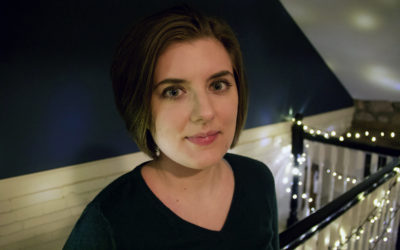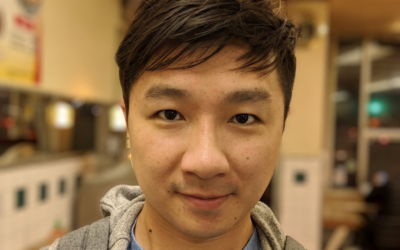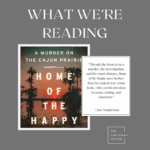miCRo: “Young Lady of Riga” by Catharina Coenen
The limerick on which “Young Lady of Riga” is based recounts a seemingly simple adventure—a girl rides out on the outside of a tiger and returns inside it.
miCRo: “This Creature” by Marlon Hacla
Through the use of both warm and cold imagery as well as the exploration of nature, this piece builds and collapses two beings (human and beast) and two states of being (alive and dead) to explore what it means to actually live.
miCRo: “There Aren’t Many Predators in the Aquarium” by Emily Weber
In “There Aren’t Many Predators in the Aquarium” Emily Weber pushes the central conflict to the periphery of both the scene and the narration.
miCRo: “Cruising” by Scott Broker
Cruising becomes regal in proper light, / or lightlessness. If only they could see us / here: knighted by kinder swords
miCRo: “Hemiboreal” by Elsa Nekola
In “Hemiboreal” Elsa Nekola draws on setting to power the story, imbuing the narrative with energy and meaning.
miCRo: “Notes on Translation” by Kien Lam
Here, everything is shaped by qualities of light, by context, by choice: “You will see that where there is no shape, there can be every shape too.”
miCRo: “Chimera” by Allison Funk
When I first read Allison Funk’s poem, it lingered with me for days—not just because of her fiery last line, but also this concept or, rather, this fact that sometimes children’s physical cells can remain with a mother forever.
miCRo: “Lifeboat” by Janika Oza
All three sections of Janika Oza’s “Lifeboat” revolve around food—as sustenance, as survival, as a way to connect to a lost country.
miCRo: “A Tree That May in Summer Wear” by Amy Stuber
Through an explosion of the idiom “empty nest” and a vocabulary that swings from tender to profane, Stuber asks: how can a mother survive knowing what the daughter must survive?
miCRo: “How close the fire, how hot the oven” by Evan James Sheldon
This microfiction upturns the gentle mother cliché and shows instead a mother whose decision to set fire and kill is an act of compassion.
miCRo: Seventeen Fouettés by Mark Wagenaar
Mark Wagenaar’s piece, “Seventeen Fouettés,” brilliantly shows us how violence juxtaposed with art and poetic language can infuse even the saddest of situations with hope.
miCRo: “From an Agnostic” by Kyle Carrero Lopez
Parentheses usually indicate a digression, a nonessential thought, language without grammatical relation to its surroundings. Yet through them Lopez reshuffles the possibilities, demonstrating that what has been erased or discarded is often what is most essential, and ultimately questioning narrative-formation itself.


















